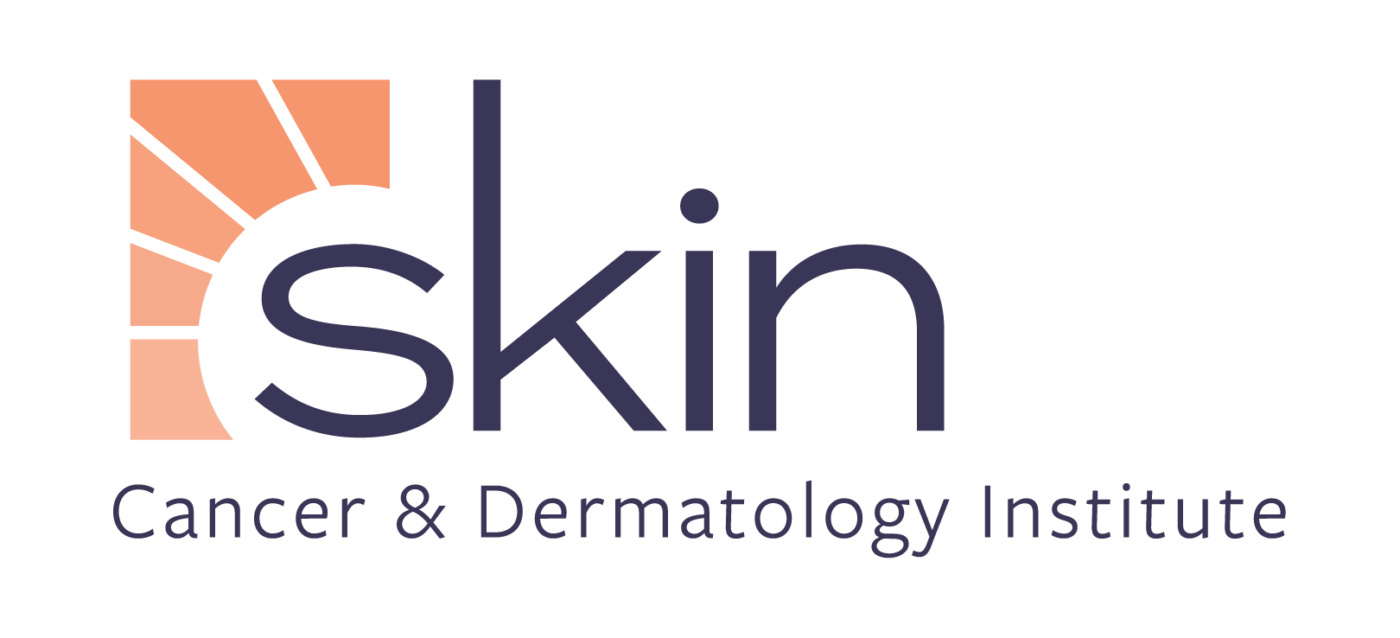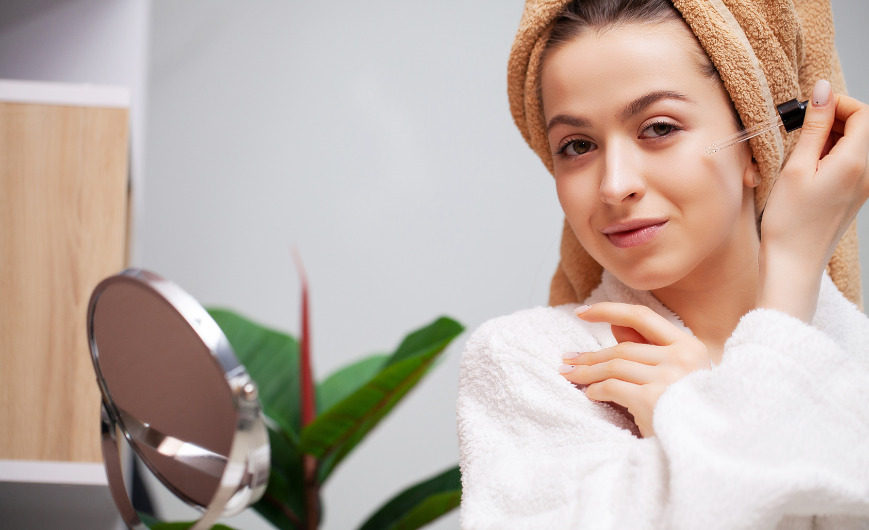It seems a bit out there to include the words acid and skin care in the same sentence, but certain types of acids are very beneficial for your skin. The types of acids that you will see in skin care products include alpha-hydroxy-acids (AHAs) and beta-hydroxy-acids (BHAs). Both of these are exfoliants, but the difference is that AHAs are water soluble and will exfoliate only the surface layer of the skin for a brighter complexion. Examples of AHAs include glycolic acid and lactic acid. BHAs are oil soluble and penetrate your pores to remove buildup and excess sebum (oil), making them great for acne-prone skin. Then there’s the in-demand hyaluronic acid. Let’s delve a little deeper into salicylic acid and hyaluronic acid.
Understanding the Basics
Hyaluronic acid (HA) is a sugar molecule naturally produced by the body and is considered a “moisture magnet” or humectant. Like everything else, its production slows with age. It helps keep joints and tissues lubricated and hydrated, keeps your skin healthy, helps wounds heal faster, and can reduce scarring. It is available as a dietary supplement as well as a topical skincare ingredient to boost hydration and provide a slight, temporary, plumping effect.
Salicylic acid is a beta-hydroxy acid, or BHA. It is traditionally derived from white willow bark and has a similar chemical compound to aspirin. It provides anti-inflammatory, anti-microbial, and sebum regulation benefits. Depending on the strength and purity, salicylic acid is ideal for several skin inflammatory conditions, including acne, rosacea, oily dandruff, and psoriasis- just to name a few.
Hyaluronic Acid as a Skin Care Ingredient
As a popular skin care ingredient, HA is safe to use as part of any skin care routine, every day—even on oily skin! You can find it on so many skin care products, from toners to moisturizers and masks. With its ability to attract and hold water, it is very moisturizing and plumping.
There are also formulas available that have been clinically demonstrated to increase your skin’s natural HA production, so you’ll see immediate and long-term benefits. These include SkinMedica® HA5® Rejuvenating Hydrator and SkinCeuticals HA Intensifier.
Hyaluronic Acid as a Dermal Filler
Additionally, a synthetic form of hyaluronic acid is the most widely used ingredient for dermal fillers. The Food and Drug Administration has approved these fillers to temporarily restore volume to lines and wrinkles, as well as for the augmentation of areas such as lips, cheeks, chin, and back of the hand. However, they do not recommend they be used by patients under the age of 23, and the safety of these fillers has not been determined on pregnant or breastfeeding women. One of the advantages of an HA dermal filler is that if you are not satisfied with the results, the effects can be reversed through the use of the enzyme hyaluronidase.
Possible side effects of a hyaluronic acid filler treatment may include bruising and swelling after the procedure. These are not typically a cause for concern. You can take precautionary measures to minimize the likelihood and severity by discontinuing blood-thinning medications (with your physician’s approval), alcoholic beverages, and supplements such as aspirin, ibuprofen, fish oil, green tea, and ginger, to name a few. You should also reduce your intake of high-sodium foods from your diet pre and post-treatment as directed by your provider, typically for a week or two. Over-the-counter Arnica montana may be recommended by your provider orally pre and post-treatment as another precautionary measure.
If you have an autoimmune condition, please consult your Board-Certified Dermatologist to discuss potential risks.
Salicylic Acid Uses in Skin Care
Salicylic acid provides anti-inflammatory, anti-microbial, and sebum (oil) regulation benefits. It is a beta-hydroxy acid (BHA) which is oil-soluble, making it easier to penetrate the skin at a deeper level. Depending on the strength and purity, salicylic acid is ideal for several skin inflammatory conditions, including acne, rosacea, oily dandruff, and psoriasis- just to name a few.
While some initial dryness and irritation are common, prolonged irritation may require revisions to your skin care routine. Keep in mind that salicylic acid is superb at decongesting follicles/pores. This means that you can expect to have a period of “purging,” especially in the case of acne. With acne specifically, the “purging” can last for several weeks, depending on the severity of the acne. Don’t be discouraged if this happens to you. Stay diligent and focused, and you will see improvement!
Salicylic acid’s only contraindications are an allergy to aspirin, pregnancy, and breastfeeding. If your skin is extremely dry or overly sensitized due to the use of topical retinoids or other factors, salicylic acid might not be right for you.
Are There Benefits to Using Hyaluronic Acid and Salicylic Acid together in Your Skin Care Routine?
They absolutely can be for certain skin types! It is specifically beneficial in cases where the skin is oily and blemish-prone yet dehydrated. Plus, if salicylic acid causes minor irritation on your skin, using hyaluronic acid afterward will soothe your skin and hydrate it.
What Products Would You Recommend?
Since everyone has unique needs, I recommend a skin care consultation with a Licensed Provider. They will be able to provide you with a personalized treatment plan to maximize your results based on your short and long-term skin care goals.
Skin Cancer & Dermatology Institute is a premiere dermatological provider in the Greater Reno-Tahoe area. Our primary focus is to provide the best patient care across various areas, from medical dermatology, and cosmetic dermatology to dermatopathology. We do this by providing you with the highest expertise and newest technology and a passion for caring about our patients and their health. Book an appointment at any of our ten locations.
About the Author
Sarah Nomanson McDowell has spent over 14 years in clinical aesthetics and is a Licensed Aesthetician in Nevada and California, Medical Assistant, Certified Vodder Method Lymphatic Specialist, and founding member of the SkinCeuticals® Master Aesthetician Program.
Sarah is passionate about the work she does and enjoys the challenges of treating all skin types. She takes great pride in offering an integrated approach to skin care concerns and conditions and has an in-depth understanding of the products and services that are available to create total care for everyone.
Some of her areas of expertise include Clear & Brilliant skin resurfacing, SkinPen microneedling, Hydrafacial, DermaSweep microdermabrasion, chemical peels, anti-aging, acne and rosacea treatments, teen facials, manual lymphatic drainage, and pre/post-laser treatments.


